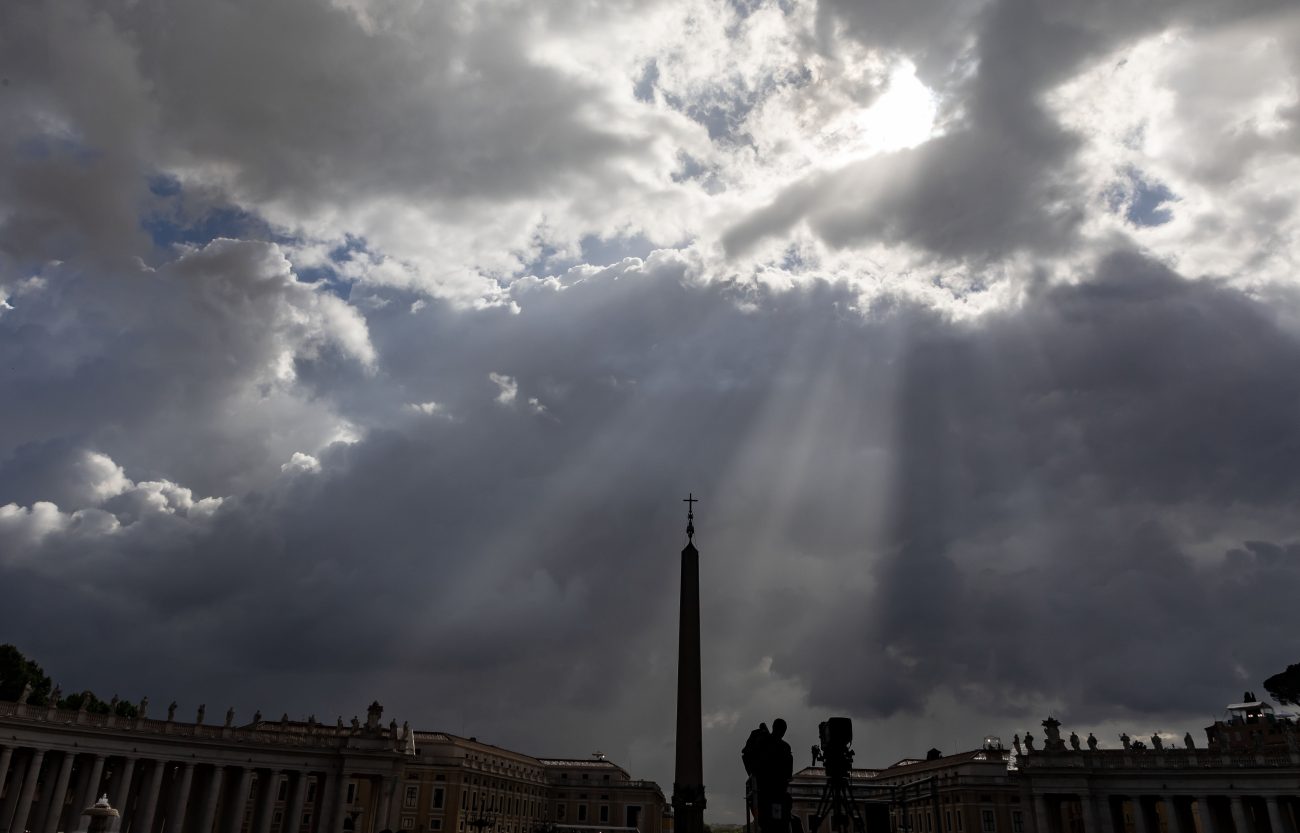VATICAN CITY (CNS) — “If the Holy Spirit is inspiring them, why do the cardinals need more than one ballot to elect a pope?” a person wrote on X shortly before black smoke rose from the Sistine Chapel chimney May 7.
The smoke meant that the 133 cardinals in the conclave had not given one candidate at least 89 votes, the two-thirds necessary for the election of a pope.
In 1996, St. John Paul II published his apostolic constitution, “Universi Dominici Gregis” (“Of the Lord’s Whole Flock”), which contains the rules governing the election of the pope.
He kept almost all the provisions for the election set down by St. Paul VI in 1975 with two major exceptions:
St. John Paul ruled out election:
— By acclamation — also called “quasi-inspiration” — when the cardinals could unanimously proclaim someone pope.
— By delegation, when a small group of cardinals was chosen to break an electoral impasse.
Pope Benedict XVI updated the rules in 2007 and again shortly before he resigned in 2013. But he did not restore either of the options, insisting a pope must always be elected by two-thirds of the cardinals present and voting.
In the document itself, St. John Paul wrote that “in the light of the present-day needs of the church and the usages of modern society, I have thus considered it fitting not to retain election by acclamation ‘quasi ex inspiratione,’ judging that it is no longer an apt means of interpreting the thought of an electoral college so great in number and so diverse in origin.”
Ambrogio Piazzoni, vice prefect of the Vatican Library in 2013 when Pope Benedict resigned, wrote briefly about elections by acclamation in his book, “History of Papal Elections.”
Pope Gregory XV, elected in 1621, was the last pope to be elected by “spontaneous acclamation” when all the cardinals, believed to be acting under the influence of the Holy Spirit, proclaimed the same candidate to be pope, Piazzoni said.
He told reporters, “Various popes were elected by acclamation,” including Popes Gregory III in 731, Gregory VII in 1073, Sixtus V in 1585. But almost immediately after Pope Gregory XV was elected by acclamation, he took steps “to subordinate this form of election to the verification, in writing, of the unanimity” of the College of Cardinals.
Pope Gregory XV also was first to rule that the cardinals must cast their votes secretly, in writing, rather than verbally.
PREVIOUS: A Morning of Black Smoke from the Sistine Chapel Chimney
NEXT: Chicago Native Cardinal Prevost Elected Pope, Takes Name Leo XIV



Share this story